News
-
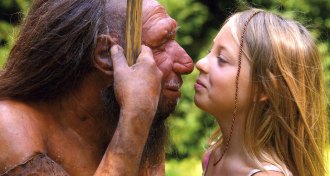 Genetics
GeneticsNeandertal DNA may raise risk for some modern human diseases
Neandertal DNA may once have helped humans, but now may contribute to disease.
-
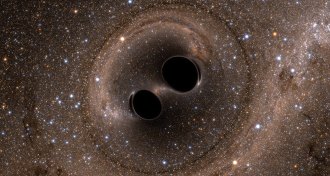 Physics
PhysicsGravity waves from black holes verify Einstein’s prediction
Gravitational waves, tremors in the cosmic fabric of space and time predicted by Einstein a century ago, have finally been detected, opening a new avenue for exploring the universe.
By Andrew Grant -
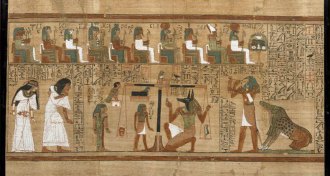 Anthropology
AnthropologyRise of human civilization tied to belief in punitive gods
Beliefs in all-knowing, punitive deities may have fueled the growth of human civilizations.
By Bruce Bower -
 Psychology
PsychologyDon’t blame winter for that bleak mood
Contrary to popular opinion, depression doesn’t spike in winter, survey finds.
By Bruce Bower -
 Animals
AnimalsWhite-tailed deer have their own form of malaria
The otherwise well-studied white-tailed deer turns out to carry the first malaria parasite discovered in any deer.
By Susan Milius -
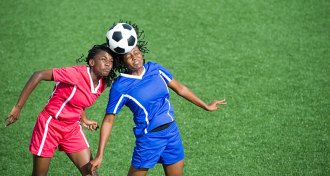 Neuroscience
NeuroscienceMouse study offers clues to brain’s response to concussions
The brain needs time to recover between head hits, a study in mice suggests.
-
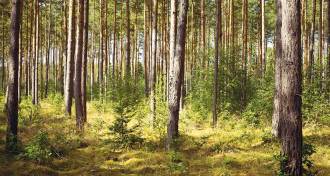 Climate
ClimateForest management not so hot at fighting warming
Forest management practices in Europe have slightly worsened climate change, new research shows.
-
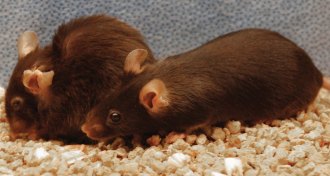 Life
LifeRemoving worn-out cells makes mice live longer and prosper
Senescent cells promote aging, and removing them makes mice live longer, healthier lives.
-
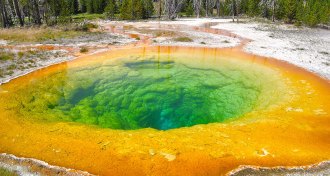 Earth
EarthAncient tectonic plate blocks magma plume at Yellowstone, simulation shows
A rising plume of hot rock from Earth’s mantle may not be responsible for the Yellowstone supervolcano, new research suggests.
-
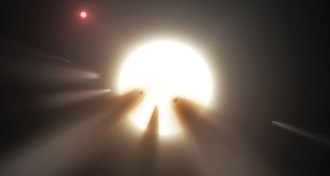 Astronomy
AstronomyOdd star’s dimming not aliens’ doing
A star’s flickering light and century-long dimming have astronomers hunting for exocomet storms, prowling dust clouds and even alien engineers.
-
 Climate
ClimatePhytoplankton rapidly disappearing from the Indian Ocean
Phytoplankton populations in the Indian Ocean fell 30 percent over the last 16 years largely due to global warming, new research suggests.
-
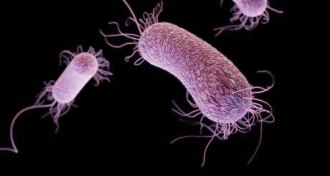 Microbes
MicrobesRandom changes in behavior speed bacteria evolution
Microbes can speed up evolution by changing phenotypes.